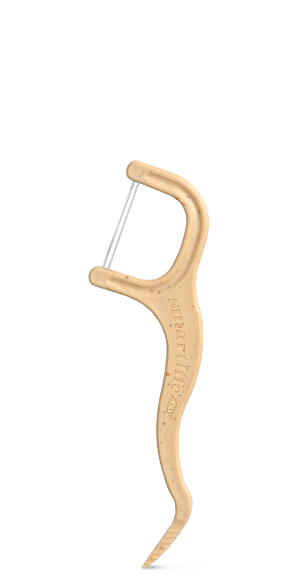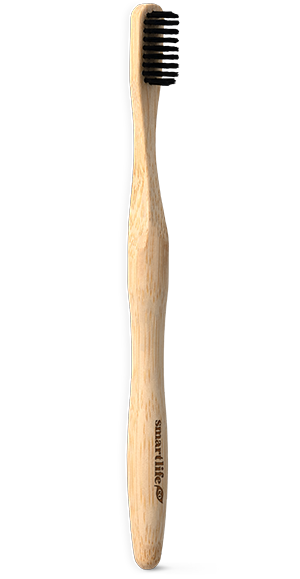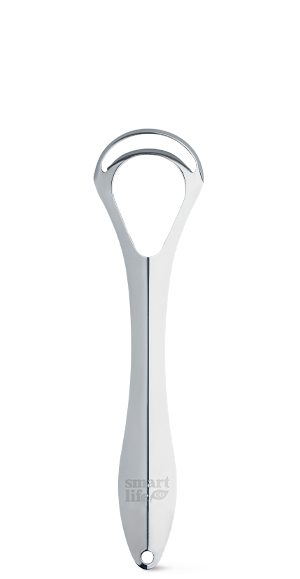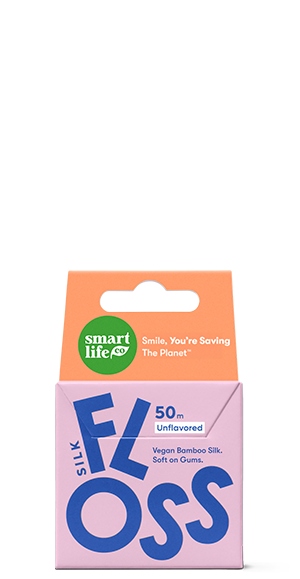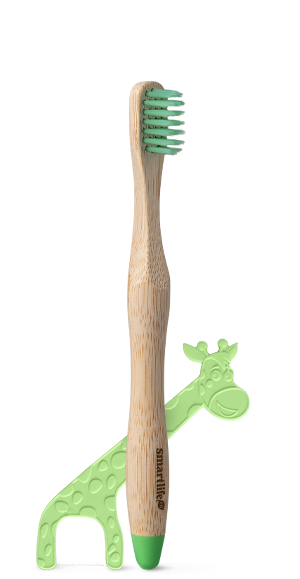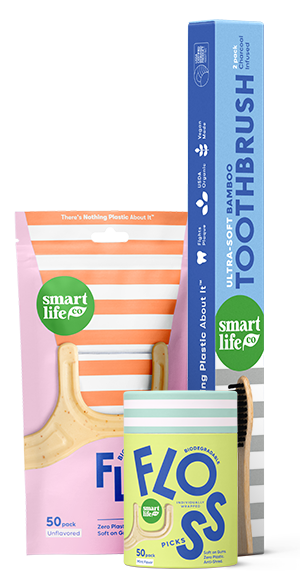The link between oral care and ocean pollution isn’t always obvious. Yet, millions of plastic toothbrushes, floss picks, and toothpaste tubes are discarded every day, many of which end up in landfills or our waterways. Over time, these products break down into microplastics that severely disrupt marine ecosystems.
In this blog, we explore how plastic in oral care contributes to ocean pollution, the environmental risks involved, and how eco-friendly oral care alternatives can play a pivotal role in protecting marine life. Whether you're a conscious consumer or an advocate for ocean conservation, understanding this impact can help you make more informed decisions.
The Overlooked Impact of Plastic in Oral Care
Oral care products are often made from non-recyclable, petroleum-based plastics that persist for hundreds of years in the environment. Studies show that over 1 billion plastic toothbrushes are thrown away annually in the U.S. alone (National Geographic). Many of these end up polluting the oceans.
Toothpaste tubes, often made of mixed materials like aluminum and plastic laminate, are notoriously difficult to recycle. A 2020 study published in Science of The Total Environment showed that personal care product waste, including oral care, is a significant contributor to microplastic contamination in aquatic systems.
Microplastics and Marine Life: A Growing Threat
When oral care plastics reach the ocean, they begin to break down into microplastics. Marine animals often ingest these particles, mistaking them for food. According to a study by the World Wildlife Fund (WWF), the average person consumes up to 5 grams of microplastics per week, largely due to contaminated seafood.
These plastics don't just harm marine animals through ingestion; they also carry harmful chemicals that can leach into the ocean, disrupting hormonal systems in fish and other wildlife.
Plastic Floss Picks: A Hidden Source of Waste
Plastic floss picks are small, but their collective impact is immense. Designed for convenience, they are typically made from hard plastic and nylon floss—both non-biodegradable materials. These items are often flushed or improperly discarded, finding their way into oceans.
Studies estimate that around 2.3 billion floss picks are used and disposed of each year in the U.S. alone, contributing significantly to marine plastic pollution.
Explore our eco-friendly alternative: SmartLifeCo Eco-Friendly Dental Floss Picks
Eco-Friendly Oral Care: A Sustainable Shift
The growing availability of eco-friendly oral care products makes it easier for consumers to reduce their plastic footprint. These alternatives use materials like bamboo, cornstarch, straw wheat, bioplastics, and silk that break down naturally, reducing long-term environmental impact.
Bamboo Toothbrushes
Unlike traditional plastic toothbrushes, bamboo versions are made from fast-growing, renewable resources. With proper disposal, bamboo handles can biodegrade in commercial or home composting facilities.
Check out: Charcoal Bamboo Toothbrushes by SmartLifeCo
Plant-Based Floss Picks
Modern eco-friendly floss picks are designed for performance and planet safety. Plant-based handles offer a guilt-free flossing experience without contributing to ocean waste.
How to Be Part of the Solution
Switching to biodegradable oral care is a small change that adds up. Here are actionable steps you can take:
-
Choose eco-friendly alternatives for toothbrushes, floss picks, and toothpaste tablets
-
Properly dispose of oral care products to prevent them from reaching waterways
-
Educate others by sharing resources and recommending eco-friendly brands
-
Support coastal cleanups and local sustainability initiatives
Resources for Continued Learning
For readers looking to dive deeper, here are some valuable external sources:
Final Thoughts
Plastic in oral care is more than just a convenience issue—it's a contributor to ocean pollution and a threat to marine biodiversity. Choosing eco-friendly oral care products and advocating for sustainable habits can significantly reduce this impact. Every floss pick and toothbrush choice matters.
Start your journey with smarter, sustainable oral care at SmartLifeCo.com
